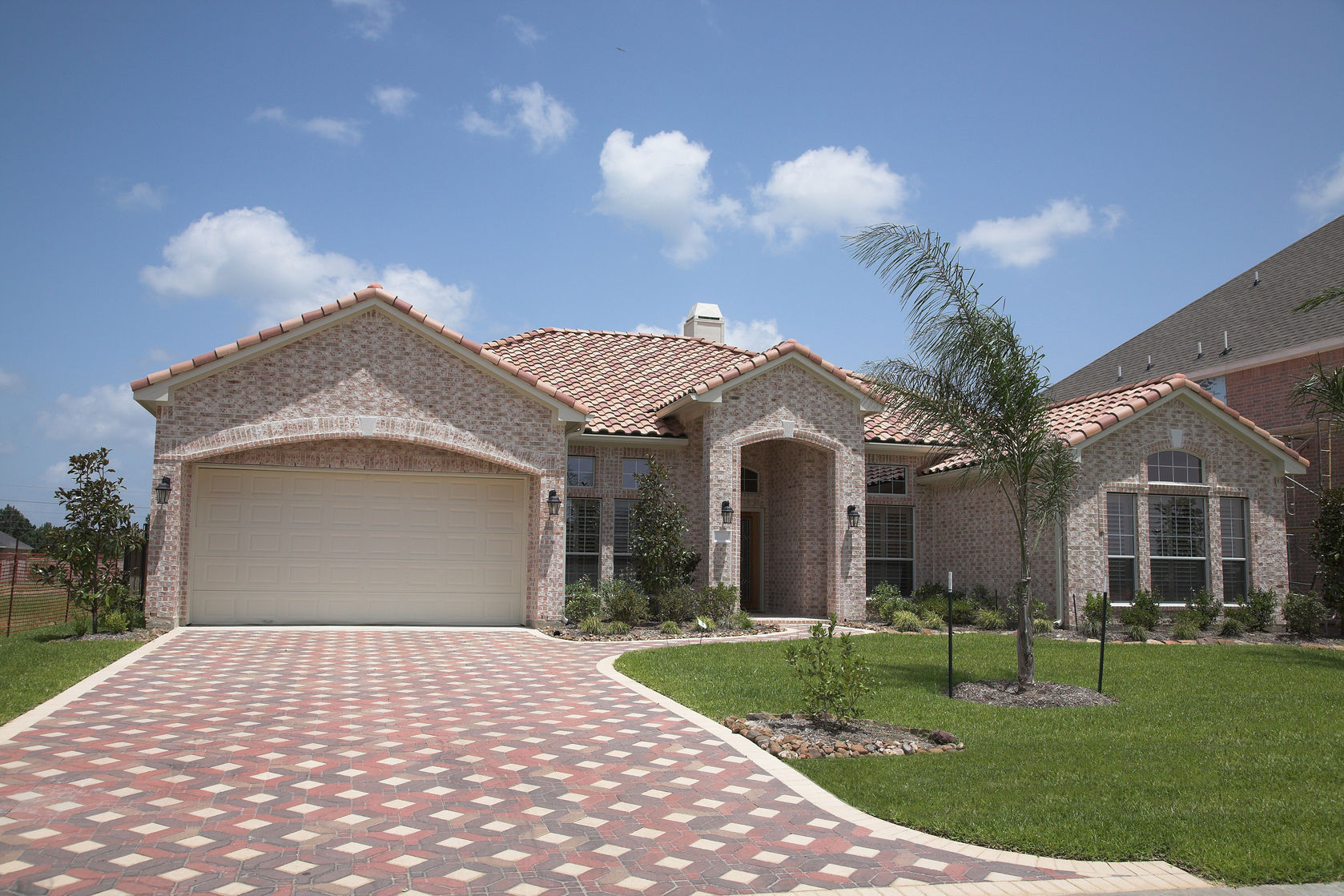Getting Tired of Renting? Here Are the Top 5 Reasons Why Young People Prefer Owning a Home
 At some point in their lives, every renter thinks about home ownership and whether or not it’s worth it. Let’s explore the top 5 reasons why young individuals prefer the idea of owning a home over renting.
At some point in their lives, every renter thinks about home ownership and whether or not it’s worth it. Let’s explore the top 5 reasons why young individuals prefer the idea of owning a home over renting.
It’s All About Control
It’s unlikely to come as a surprise that having control over their living space is the number one reason that younger buyers prefer owning over renting. Living in a home owned by someone else limits your ability to customize your home. Want to expand a room or rip out the kitchen cabinets? Good luck with getting your landlord to pay for that!
Privacy And Security Are Key
More than 90 percent of millennials reported that having a sense of privacy is an important factor when choosing between buying and renting. And this makes a lot of sense, especially in areas where a landlord has the right to enter the premises on short notice. It’s tough to imagine feeling secure when a landlord can demand access to their home for whatever reason they so choose.
Your Own Space Is Just Nicer
Take a look around your home. Is it as luxurious as you’d like it to be? While you can furnish a rented apartment or house however you want, in many cases, renters just don’t put the same amount of effort into it. 81% of young renters shared that one reason they want to buy is so that they can live in a nicer place.
You’ll Be More Engaged In The Community
If you want to feel more engaged in your local community, buying a home is an excellent idea. More than 75 percent of young and first-time buyers reported that community engagement is a key reason that they want to be a home owner. Not only are you more likely to care about the area around your home if you’re responsible for its upkeep. But as the value of your home is influenced by the surrounding area, you also have a financial incentive to staying engaged in the health of your community.
Owning Gives You Flexibility
Finally, consider that owning your own home will offer flexibility that you can’t get from renting. Not only will you be able to customize your home the way you want, but you’ll also have a productive financial asset. And that can be a huge help in securing additional credit if you want to make significant investments or other financial moves.
When you’re ready to expand your freedom by purchasing your own home, contact your trusted mortgage professional. We’re happy to help.

 Does the thought of repaying your mortgage for the next twenty-plus years leave you feeling a little down? Whether you’ve had your mortgage for weeks or years, accelerating your payments is an excellent option that can help get your mortgage fully paid off in a shorter time frame. Let’s explore three great reasons to accelerate your payments so that your mortgage debt is paid down faster.
Does the thought of repaying your mortgage for the next twenty-plus years leave you feeling a little down? Whether you’ve had your mortgage for weeks or years, accelerating your payments is an excellent option that can help get your mortgage fully paid off in a shorter time frame. Let’s explore three great reasons to accelerate your payments so that your mortgage debt is paid down faster. Ah, the city. With so many people living in an urban landscape these days, it can be hard to find anything more than a planter on the balcony for your herbs. And good luck finding space for vegetables or large flowering plants! Fortunately, coming up with a community garden can be a great way to get the locals together. If you’re wondering how to get started with this fun project, begin with the following guide.
Ah, the city. With so many people living in an urban landscape these days, it can be hard to find anything more than a planter on the balcony for your herbs. And good luck finding space for vegetables or large flowering plants! Fortunately, coming up with a community garden can be a great way to get the locals together. If you’re wondering how to get started with this fun project, begin with the following guide. Last week’s economic news included readings on pending home sales, construction spending. Several reports related to employment were also posted along with weekly readings on mortgage rates and new jobless claims.
Last week’s economic news included readings on pending home sales, construction spending. Several reports related to employment were also posted along with weekly readings on mortgage rates and new jobless claims. Without a doubt, it can be both overwhelming and exciting to find your dream home and be able to put the money down for it. However, there are a lot of things to know before signing on the dotted line so you can avoid buyer’s remorse. Instead of going it alone, here are a few tips to keep in mind before you decide to commit to your new home.
Without a doubt, it can be both overwhelming and exciting to find your dream home and be able to put the money down for it. However, there are a lot of things to know before signing on the dotted line so you can avoid buyer’s remorse. Instead of going it alone, here are a few tips to keep in mind before you decide to commit to your new home.